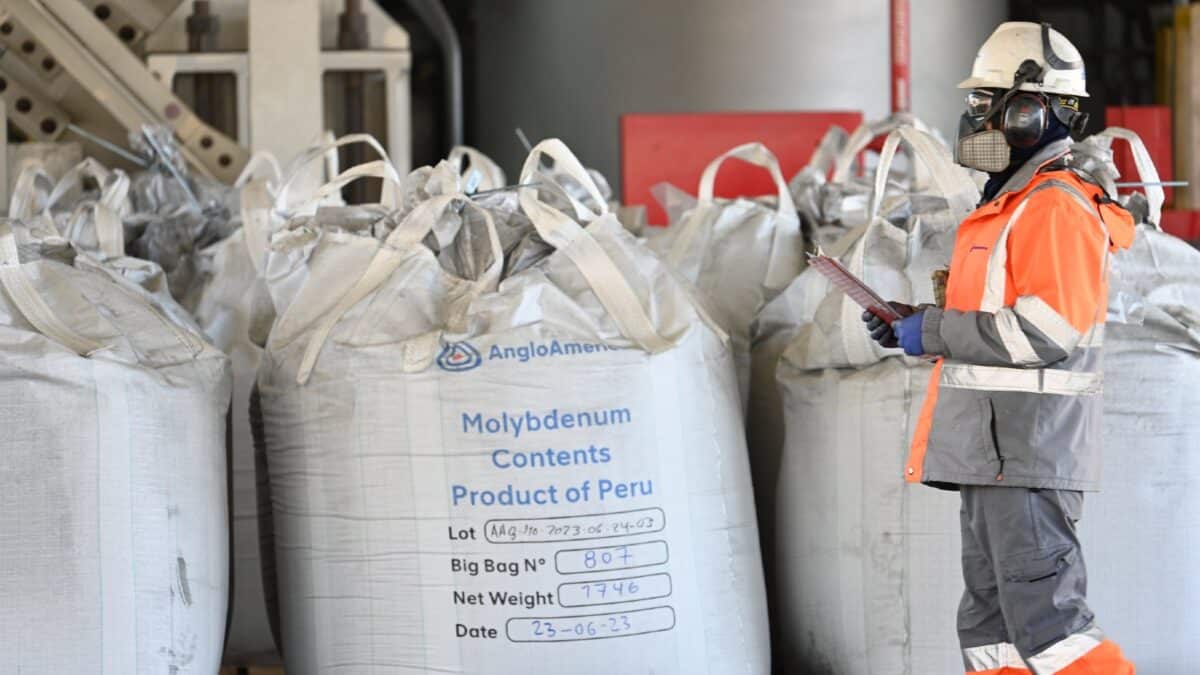On 25 April, Anglo American (LSE:AAL), the third largest mining company in the FTSE 100, announced it had received a takeover approach from its rival, BHP. The press release didn’t contain any numbers but it did explain that the deal would require shares in its unlisted platinum and iron ore businesses to be given to existing shareholders.
However, 36 minutes later, the potential acquirer put some flesh on the bones. It said the deal valued the target at £31.1bn.
Anglo American’s shares closed the day 16% higher, giving the company a market-cap of £34.2bn. This ended a disappointing run for the company’s stock price which had seen it lose 13% in the 12 months prior to the announcement.
The next day, the company rejected the offer claiming that it “significantly undervalues” its business and its future prospects. Its directors also claimed that the restructuring of the group would carry “significant execution risk”.
Spurning BHP’s approach had little impact on its share price, suggesting that shareholders think there might be an improved offer in the pipeline.
I’m one of them. That’s because I agree with the board’s assessment that the bid undervalues the company.
More of an art than a science
Valuing companies, especially in the mining sector, is a tricky business. Commodity prices are volatile which means earnings can fluctuate wildly. It’s therefore difficult to accurately predict profits and come up with a valuation based on earnings.
An asset-based approach is easier. At 31 December 2023, Anglo American had net assets of $31.6bn (£25.2bn at current exchange rates). On the face of it, BHP’s offer’s a fair one.
But in the world of mergers and acquisitions, a company’s enterprise value is frequently used as the basis for valuing them. This is calculated as a company’s market-cap plus debt less cash. That’s because a buyer will have to either take on the borrowings — and repay them over time — or settle them immediately.
Using its December 2023 balance sheet and its current stock market valuation, Anglo American’s enterprise value is £42.8bn. BHP would need to increase its offer by 25% to match this.
Going underground
I also believe it’s possible to justify a higher valuation on the basis of the company’s reserves. Its latest estimate indicates there’s plenty of metals left for it to extract.
In terms of copper alone, it says its mines contain 93,126 thousand tonnes. At current prices that could generate lifetime revenue of over $921bn (£728bn).
But this figure comes with a big health warning. It’s revenue, not earnings. Extracting metals from deep underground is an expensive business — the company’s operating margin was 31% in 2023. The estimate doesn’t reflect the different grades of copper, nor the ownership percentage that the company has of each mine.
And prices can fluctuate. Also, mining’s probably one of the most difficult businesses to get right. The industry faces all sorts of operational, financial and political risks which can help depress valuations.
But despite these caveats, I think there’s plenty of evidence to suggest that BHP’s looking to buy Anglo American on the cheap. Until it comes up with a much more attractive offer, I’d reject any takeover approach.







